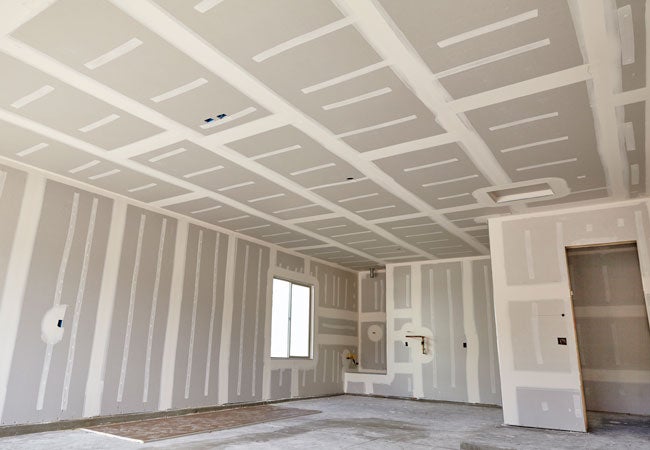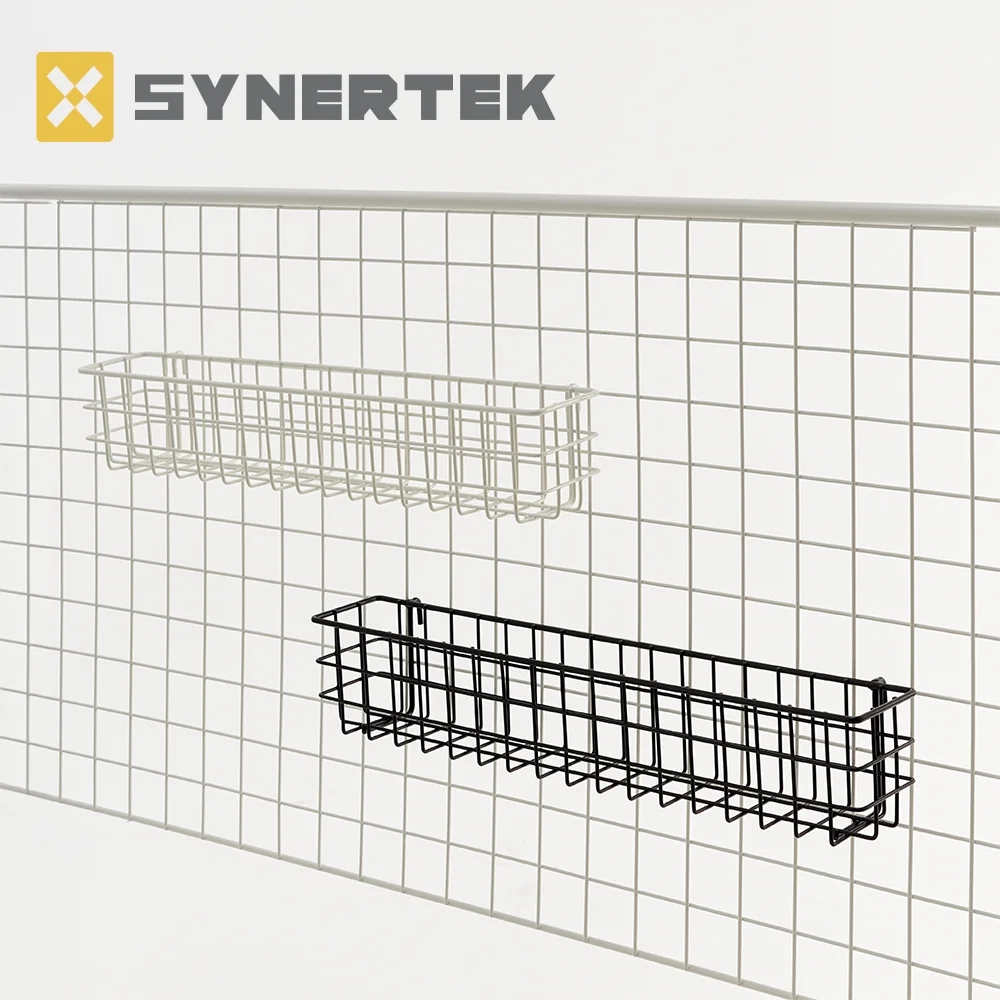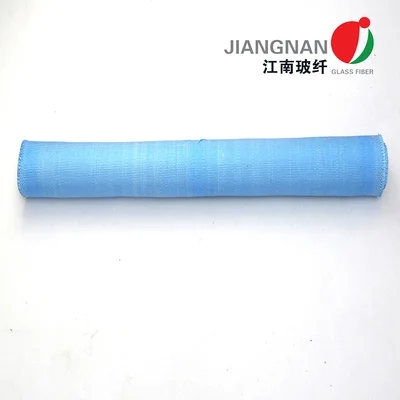
When it comes to bathroom renovations, choosing the right materials for shower walls is crucial. One common question that arises is whether drywall can be used for shower walls. In this blog post, we will delve into the topic, considering various factors such as durability, moisture resistance, installation, and maintenance. By the end, you will have a clear understanding of whether drywall is a suitable option for your shower walls.
- Understanding Drywall:
Drywall, also known as gypsum board or plasterboard, is a widely used construction material for interior walls. It consists of a gypsum core sandwiched between paper facings. Drywall is known for its affordability, ease of installation, and versatility. However, its suitability for shower walls requires careful consideration. - Moisture Resistance:
Moisture is a primary concern in shower areas, and it is essential to choose materials that can withstand prolonged exposure. While standard drywall is not designed to resist moisture, there are moisture-resistant variants available. Greenboard and cement board are two popular options that offer improved moisture resistance compared to regular drywall. - Durability and Longevity:
Shower walls are subjected to constant moisture, temperature changes, and potential impacts. Therefore, durability is a crucial factor to consider. While drywall can be durable in certain applications, it may not be the best choice for shower walls. Over time, moisture can cause the gypsum core to deteriorate, leading to mold growth, warping, and structural issues. - Installation Considerations:
Installing drywall for shower walls requires meticulous attention to detail. Proper waterproofing measures, such as applying a waterproof membrane or using a vapor barrier, are essential to prevent moisture penetration. Additionally, seams and joints must be adequately sealed to minimize the risk of water damage. It is crucial to consult a professional to ensure proper installation techniques are followed. - Maintenance and Repairs:
Regular maintenance is necessary to keep shower walls in optimal condition. Drywall may require more frequent maintenance compared to other materials used specifically for wet areas. Any signs of water damage, such as discoloration or soft spots, should be addressed promptly. Repairs may involve replacing damaged sections or applying waterproof coatings.
Conclusion:
While drywall is a versatile and cost-effective material for interior walls, its suitability for shower walls is questionable. Moisture resistance, durability, and proper installation techniques are crucial considerations. To ensure a long-lasting and functional shower space, it is advisable to explore alternative options specifically designed for wet areas, such as tile, fiberglass, or solid surface materials. Consulting with a professional contractor or designer will help you make an informed decision based on your specific needs and preferences.



